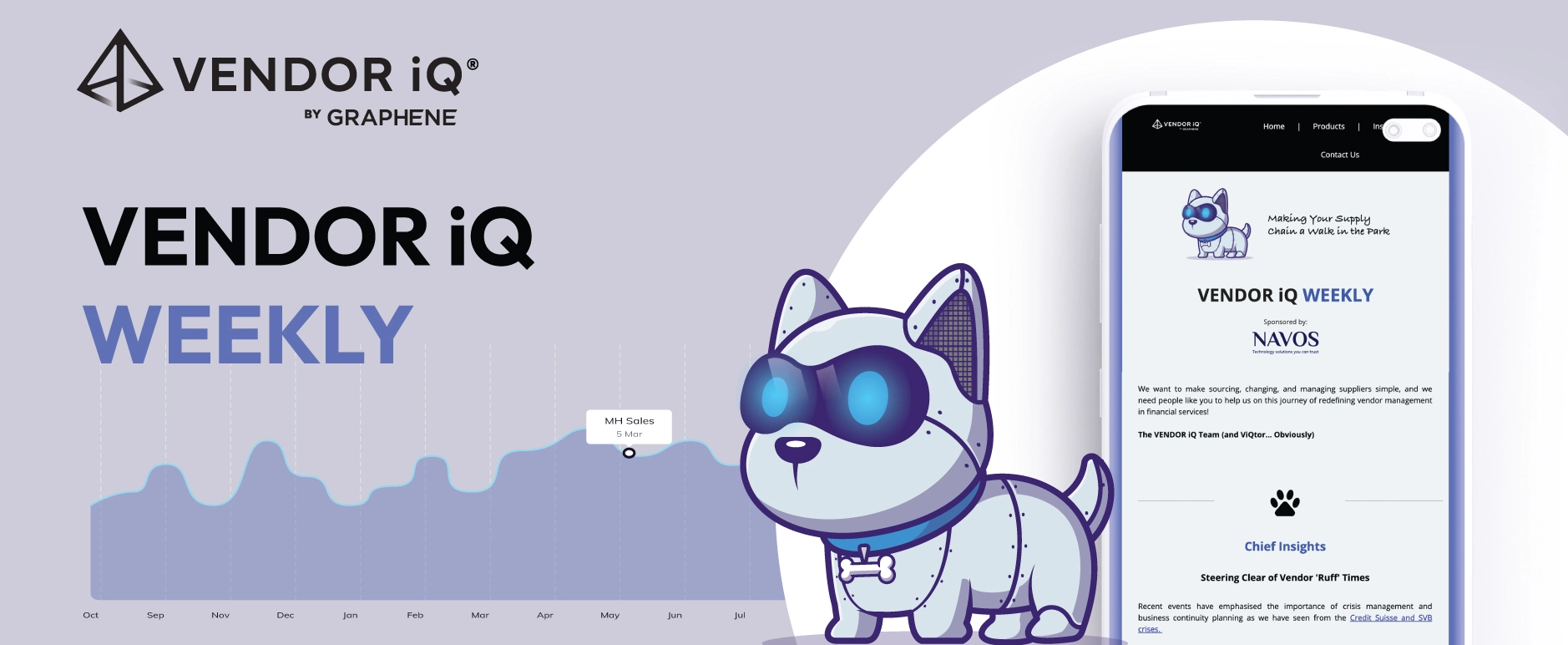Explore the top five challenges facing financial services supply chain
In the intricate world of financial services, the supply chain is a critical component that ensures smooth operations and regulatory compliance. However, managing this supply chain is fraught with challenges that can have significant implications for financial institutions. Here, we explore the top five challenges facing financial services supply chains today.
1. Regulatory Compliance and Oversight
Regulatory compliance remains one of the most pressing challenges in the financial services supply chain. Financial institutions are subject to a myriad of regulations imposed by bodies such as the Financial Conduct Authority (FCA), the European Securities and Markets Authority (ESMA), and the Securities and Exchange Commission (SEC). These regulations mandate rigorous oversight of third-party interactions and require financial institutions to demonstrate due diligence and continuous monitoring.
The introduction of frameworks like the UK’s Operational Resilience and the EU’s Digital Operational Resilience Act (DORA) has increased the compliance burden. These regulations compel firms to ensure that their supply chains are resilient to disruptions and that they can quickly recover from any operational setbacks. Failure to comply can result in hefty fines and reputational damage, making regulatory compliance a top priority and a significant challenge.
2. Data Integration and Management
The financial services industry generates vast amounts of data daily, from transaction records to customer information and market analytics. Managing and integrating this data across the supply chain is a complex task. Financial institutions often deal with disparate data sources that need to be synchronised to provide a comprehensive view of the supply chain.
Data integration challenges are compounded by the need for real-time data processing and analytics. Financial institutions require timely and accurate data to make informed decisions and manage risks effectively. Ensuring data consistency, quality, and accessibility across various platforms and systems is a daunting task that demands robust data management strategies and advanced technological solutions.
3. Cybersecurity Threats
Cybersecurity is a critical concern for financial services supply chains. The sector is a prime target for cybercriminals due to the sensitive and valuable nature of the data it handles. Cyber threats such as phishing, ransomware, and distributed denial of service (DDoS) attacks can disrupt supply chain operations and compromise sensitive information.
Financial institutions must implement comprehensive cybersecurity measures to protect their supply chains. This includes deploying advanced security technologies, conducting regular security audits, and fostering a culture of cybersecurity awareness among employees. The challenge lies in staying ahead of increasingly sophisticated cyber threats and ensuring that all elements of the supply chain adhere to stringent security standards.
4. Vendor Risk Management
Managing third-party vendors is a significant challenge in the financial services supply chain. Vendors play a crucial role in various functions, from IT services to customer support and compliance. However, these relationships can introduce risks if not managed properly. Vendor failures or breaches can lead to operational disruptions, regulatory non-compliance, and reputational damage.
Effective vendor risk management involves thorough due diligence during vendor selection, continuous monitoring of vendor performance, and establishing clear contractual obligations. Financial institutions need to ensure that their vendors comply with regulatory requirements and maintain high standards of security and operational efficiency. This requires a robust framework for assessing and managing vendor risks, which can be resource-intensive and complex.
5. Operational Efficiency and Cost Management
Balancing operational efficiency with cost management is an ongoing challenge for financial institutions. The pressure to reduce operational costs while maintaining high standards of service and compliance is intense. Supply chain inefficiencies can lead to increased costs, delays, and reduced service quality.
Financial institutions must adopt strategies to streamline their supply chain operations, optimise resource utilisation, and eliminate waste. This often involves leveraging technology to automate processes, enhance data analytics capabilities, and improve decision-making. Achieving operational efficiency without compromising on quality or compliance is a delicate balancing act that requires continuous improvement and innovation.
Conclusion
The financial services supply chain is a complex and dynamic environment that presents numerous challenges. From regulatory compliance and data integration to cybersecurity, vendor risk management, and operational efficiency, financial institutions must navigate a myriad of issues to ensure smooth and secure operations. Addressing these challenges requires a proactive approach, leveraging advanced technologies, and fostering a culture of continuous improvement. As the industry evolves, so too must the strategies and solutions employed to manage these critical supply chain challenges.





